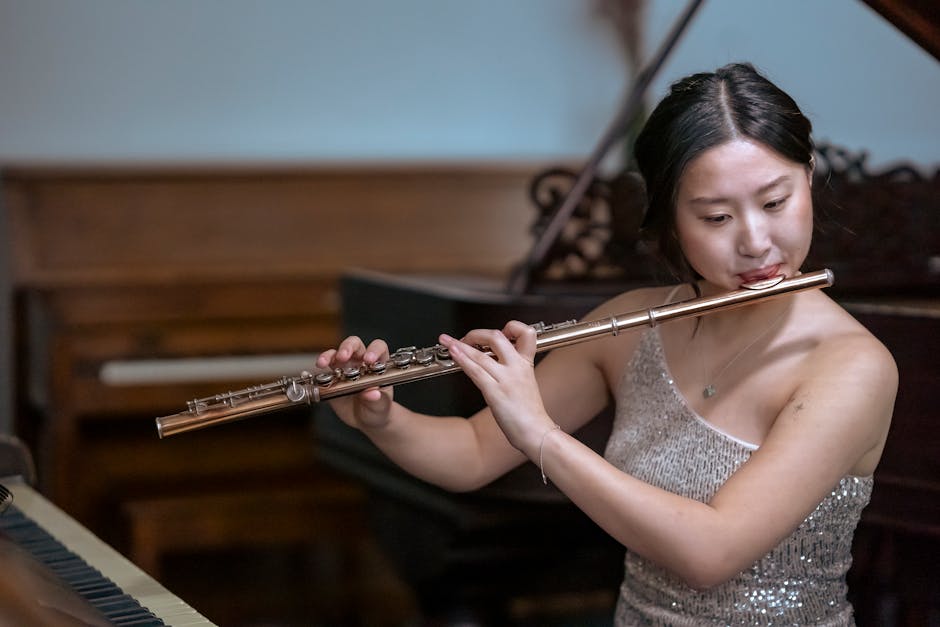The realm of music creation, historically a domain of human ingenuity and emotion, is now subtly, yet significantly, being reshaped by artificial intelligence. The question no longer whispers in hushed tones; instead, it booms through the industry: will AI compose original music someday? While the answer isn’t a straightforward yes or no, the burgeoning capabilities of AI in this domain present a fascinating exploration of its creative potential and the future of music.
A cornerstone of this potential lies in AI’s ability to learn and generate complex patterns. Sophisticated algorithms, trained on vast datasets of musical compositions, can identify underlying structures, motifs, and harmonic progressions. By meticulously analysing these patterns, AI can not only replicate existing styles but also generate novel combinations, producing melodies and harmonies that resonate with the human ear. Music generation platforms are already exhibiting a remarkable capacity to craft pieces within specified styles think jazzy solos, Baroque suites, or even indie rock anthems often with surprising originality.
Crucially, these algorithms aren’t merely mimicking; they’re learning. Exposure to a diverse range of musical works allows AI to develop a unique “musical vocabulary.” This vocabulary isn’t simply a collection of pre-programmed sequences but a dynamic understanding of how different elements interact to create emotional impact. This emergent property distinguishes AI music generation from simple pattern recognition. One can envision AI evolving to not just replicate, but to interpret and adapt, leading to genuinely innovative soundscapes.
An intriguing aspect of this development is the potential for collaboration between AI and human composers. Contemporary music often relies on a collaborative process, with musicians drawing inspiration from one another. Imagine an AI partner, offering variations on a theme, suggesting unexpected harmonic juxtapositions, or providing rhythmic patterns beyond human contemplation. This collaborative approach could significantly accelerate the creative process, pushing the boundaries of human-generated compositions. Moreover, it might unleash new creative avenues for musicians struggling with creative blocks or seeking novel sonic territories.
A crucial debate surrounds the definition of originality in this context. If AI generates a piece sounding strikingly similar to a well-known melody, is it truly original? This touches on the fundamental question of authorship and artistic intent. Furthermore, does the creative process necessitate conscious human decision-making or can an algorithm, executing a complex set of instructions, claim ownership of originality? These philosophical underpinnings underpin a necessary discussion about AI’s role in music creation.
There are practical challenges, however. Current AI systems, while capable of generating music, often lack the emotional depth and expressiveness that distinguishes human creativity. The inherent emotional nuances, the subtle shifts in dynamic, and the improvisational flourishes that contribute to a piece’s soul remain largely elusive for AI. Generating music that evokes deep feelings, transcends mere technical proficiency, and conveys a unique human perspectivethis remains a significant hurdle.
Moreover, the creative process often involves subjective judgment and an understanding of the context within which a piece is meant to exist. Human composers often imbue their work with a sense of narrative, emotion, and even personal experiences. To capture this depth, AI would need access to a vast, perhaps even immeasurable, reservoir of human experience and emotional landscapes. This aspect poses significant ethical and practical difficulties.
Looking ahead, several pathways are emerging. One promising route involves the development of more sophisticated AI models that can better learn emotional cues and contextual information. Another lies in the development of methods to evaluate AI-generated compositions, recognizing both their technical merit and their potential emotional impact. Ultimately, the future hinges on a profound understanding of how humans perceive and appreciate music in conjunction with AI’s capabilities.
Further research into the emotional impact of music is crucial. Understanding the relationship between musical elements and human emotions will equip AI with the tools to generate music that resonates on a deeper level. This will involve not just identifying patterns but also interpreting their significance within the broader emotional landscape.
One exciting frontier involves the development of personalized AI composers. Imagine AI systems tailored to an individual’s taste, crafting music that reflects their unique emotional profile. This could lead to a more intimate and personalized musical experience.
Ultimately, the question of whether AI can compose original music is not a binary one. It’s a journey of evolution and discovery. AI holds the potential to reshape the landscape of music creation, unlocking new forms of expression, and potentially enabling collaborations that defy conventional boundaries. However, a balanced approach that acknowledges the unique qualities of human creativity and the limitations of current AI systems is essential. The future of music is likely to involve a nuanced interplay between human ingenuity and artificial intelligence, a dynamic fusion that promises to reshape the very fabric of musical experience. As AI continues its remarkable ascent, the relationship between humans and the algorithmic muse is poised for an intriguing and unforeseen evolution.
